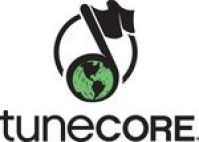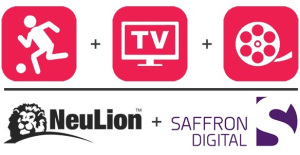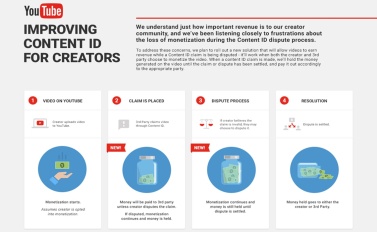 According to a new mid-year report from trusted market monitor BuzzAngle, US single track download sales fell by a whopping 24.2% in the first half of 2016 compared to the same period in 2015.
According to a new mid-year report from trusted market monitor BuzzAngle, US single track download sales fell by a whopping 24.2% in the first half of 2016 compared to the same period in 2015.
Total digital song sales hit 410.5m in the six months to end of June this year, compared to 541.2m in H1 2015 – a loss of more than 130m downloads.
Source: Download sales have fallen 24% in the past year in the US market – Music Business Worldwide

 TuneCore artists earned $42 million in the first quarter of 2016, up 16% from the same quarter last year. Revenue from music streaming services like Spotify, TIDAL, Deezer and Rhaposdy has grown significantly, according to the digital music distributor.
TuneCore artists earned $42 million in the first quarter of 2016, up 16% from the same quarter last year. Revenue from music streaming services like Spotify, TIDAL, Deezer and Rhaposdy has grown significantly, according to the digital music distributor. NeuLion believes that the combined synergies derived from adding its experience in delivering live TV channels and live sports to the Saffron assets acquisition can transform the over-the-top (OTT) challenges faced by owners and rights holders of sports, entertainment, films and TV channels.
NeuLion believes that the combined synergies derived from adding its experience in delivering live TV channels and live sports to the Saffron assets acquisition can transform the over-the-top (OTT) challenges faced by owners and rights holders of sports, entertainment, films and TV channels.

 e indie music community has embraced Bandcamp and its suite of direct to fan monetization tools. And unlike most music tech startups, Bandcamp, which launched in 2008, has been profitable “in the now-quaint revenues-exceed-expenses sense” since 2012.
e indie music community has embraced Bandcamp and its suite of direct to fan monetization tools. And unlike most music tech startups, Bandcamp, which launched in 2008, has been profitable “in the now-quaint revenues-exceed-expenses sense” since 2012.

